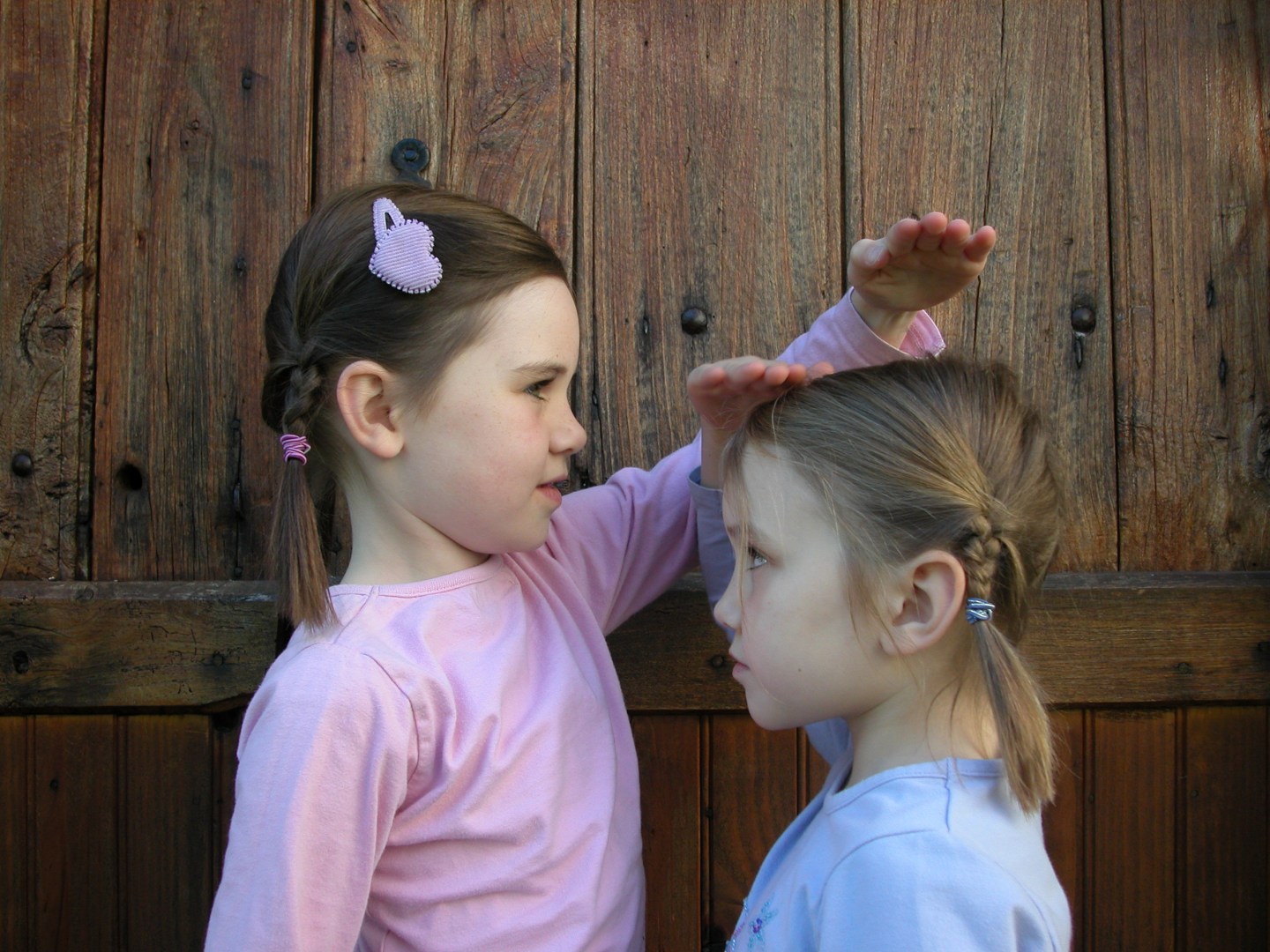In sibling birth order, who’s the winner? The debate between pressured-but-successful older children or free-spirited but overlooked younger siblings has consumed many over the years, even leading to the rift between psychology founder Sigmund Freud (a firstborn child) and his middle-child colleague Alfred Adler. When it comes to corporate success, though, the data is unquestioned: Older children have it made.
Older kids, on average, have slightly higher IQs than their younger siblings, do better in school, and tend to earn more money as adults, as abundant research has shown. A CareerBuilder survey found that older children were more likely to achieve six-figure salaries, while the oft-overlooked middle children are most likely to be in entry-level jobs earning $35,000 or less.
Now, new research in an NBER working paper has proposed a reason for the small but persistent pay gaps between the first and the rest. It’s not because parents love one child more than the other—rather, it has to do with how frequently kids fall ill, and how much siblings can influence that.
By looking at all first and second children born in Denmark between 1981 and 2017, health economists have isolated one factor that affects youngsters more than their siblings: Sickness.
Of course, any parent can confirm that kids get sick all the time. But where you fall in the line of succession makes a big difference on your susceptibility to germs, finds the paper from health economists N. Meltem Daysal, Hui Ding, Maya Rossin-Slater and Hannes Schwandt. And in the critical first months of life, second siblings are much more likely to end up in the hospital than older peers.
“In the first year of life, second-born children have 2 to 3 times higher likelihoods for being hospitalized for a respiratory condition,” Rossin-Slater, an associate professor in the health policy and economics departments at Stanford University, told Fortune. It’s especially visible in the first three months of a second child’s life, and “the difference basically disappears after age one,” she said.
“It made sense but was shocking to look at how big the differences are” between first and second kids, coauthor Schwandt, associate professor of Human Development and Social Policy at Northwestern University, told Fortune.
Denmark’s generous social safety net allowed the researchers to pinpoint the differences between siblings. In Denmark, parents typically have one year of paid leave, after which time kids start public preschool. So, while the firstborn child spends their first year at home with the parents and has limited contact with the outside world, the second sibling’s first year is marked by an older sister or brother coming and going from an environment with many other kids.
The researchers also found that kids are more prone to sickness if they’re born in the fall and winter months, as well as when the younger and older sibling are closer in age.
That higher risk of sickness early in life translates to less money down the road. Those sicker second kids, “when they’re between ages 25 and 32, they have lower incomes. They’re not [less] likely to work, they just earn less in the jobs that they do have,” Rossin-Slater told Fortune.
For kids and their parents in the U.S., Schwandt said, the effects could be even more pronounced. More Americans than Danes lack basic health care access, and the U.S. has no national parental leave—the most privileged working parents can expect a few months at most. “Because parental leave is so short, people sometimes put their kids into daycare very early, even at two months or one month,” Schwandt said. “The effect for diseases for those kids will be only bigger, if anything.”
The good news for panicked parents, though, is the differences are small. The sickest and healthiest kids are separated by just under 1% of income. (At today’s typical pay levels, that’s like an older sibling earning $59,400 a year while their kid brother brings home $58,271.) Same goes for IQ — while older kids, on average, have higher scores, the difference amounts to just 2 or 3 points. In fact, Schwandt explained, while statisticians looking at millions of kids over several decades can tease out average patterns over time, averages don’t mean much for predicting a particular individual’s success in life. Rossin-Slater said she hopes this research can guide public-health policy—such as ensuring young parents vaccinate their kids and have access to parental leave.
And after all, they say, money isn’t everything.
“It’s a pretty narrow set of outcomes we’re talking about when we say firstborns have an advantage–income and education,” Rossin-Slater said. “There’s a whole other set of measures of wellbeing, happiness and life satisfaction, that we’re not even touching on.”












